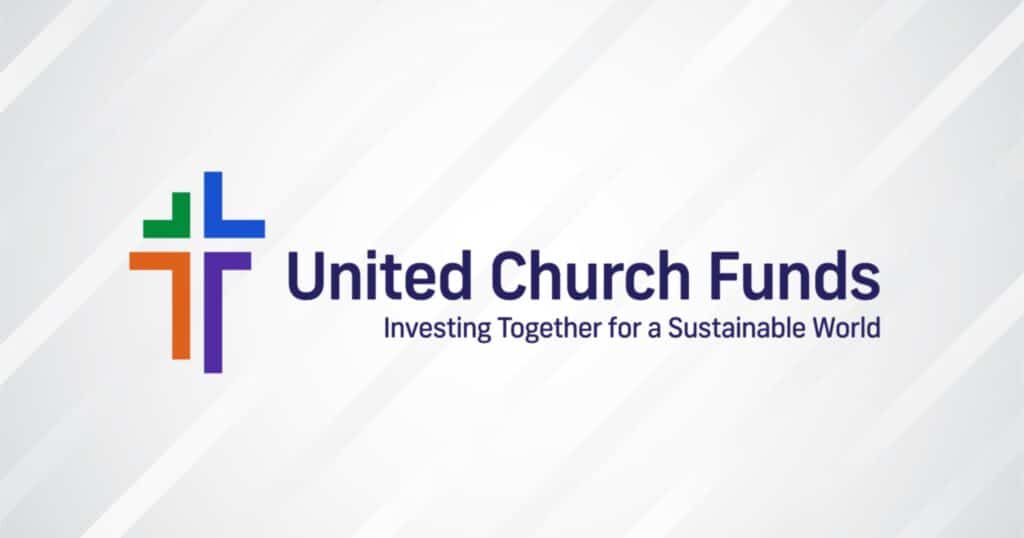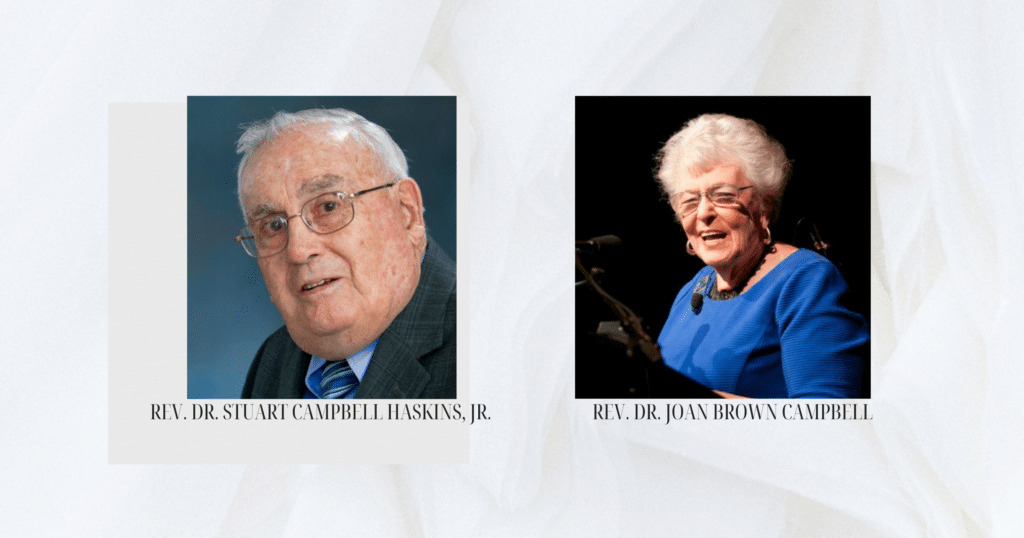United Church Funds responds to Congressional inquiry on responsible investing
United Church Funds is one of more than 130 institutional asset owners and managers to receive a June 30 letter from leaders of the House of Representatives Judiciary Committee that requested information on the organizations’ responsible investing strategies as they relate to climate goals.
The letter from Congressman Jim Jordan (R-Ohio), committee chairman, and Congressman Thomas Massie (R-Ky.), chair of the Subcommittee on the Administrative State, Regulatory Reform, and Antitrust, warned that collective pledges to drive down greenhouse gas emissions could be in violation of federal antitrust laws.
This followed a recent Committee hearing in which several Republican members focused on Climate Action 100+ — an investor-led initiative of which UCF is a member — as evidence of unlawful collusion among responsible institutional investors. Climate Action 100+ has a mission of working to ensure that the world’s largest corporate greenhouse gas emitters take appropriate action on climate change to mitigate financial risk and to maximize the long-term value of assets.
UCF President and CEO Charles Buck responded with a written response pushing back on the characterization of UCF work in achieving environmental, social, and governance (ESG) goals as “collusion” or in violation of U.S. antitrust laws.
“United Church Funds has a dual mandate of earning competitive returns for our clients while also seeking a just and sustainable world,” Buck wrote. “UCF views rising levels of greenhouse gas emissions as an investment risk for the long-term returns and sustainability of its investment portfolio as well as deeply troubling, in light of the Christian theology of creation care.”
‘A more sustainable path’
In responding to the inquiry, Buck stressed that as a financial ministry of the United Church of Christ, UCF climate justice advocacy includes “supporting tribes and Indigenous communities as they exercise their legal rights to challenge pipelines, mines, and other extractive projects that desecrate their ancestral lands and threaten their way of life and well-being.” They also advocate for “low-income communities and communities of color that are disproportionately burdened by the harmful effects of toxic emissions and chemicals.”
UCF disagrees with the Committee’s characterization of their work, yet remains committed to transparency and cooperating with the requested information, their press release says.
“Addressing systemic and global issues like toxic emissions coming from greenhouse gas (GHG) emissions requires a concerted effort. While UCF always acts independently, we believe that it is important for industry leaders to understand that concerns about GHGs are not ours alone,” Buck wrote. “Climate Action 100+ enables us to identify and work with other investors who share our views about the materiality of climate risk and the responsibility of corporations across all sectors to make shifts in behavior that put the global economy on a more sustainable path.”
Read the full text of the Committee’s letter here and UCF’s full response to the Committee here.
Content on ucc.org is copyrighted by the National Setting of the United Church of Christ and may be only shared according to the guidelines outlined here.
Related News
Peace Be With You…
“…And also with you” is the response on Sunday mornings and on occasions where the peace...
Read MoreBreaking barriers and forging loving partnerships: Two servants of God are remembered
This Eastertide, the United Church of Christ remembers the Rev. Dr. Joan Brown Campbell and...
Read MoreGetting down and dirty in the soil: Rural congregation discovers ‘life has the last word’
The Rev. Julia L. Brown has a love/hate relationship with this time of year. “I dislike...
Read More



